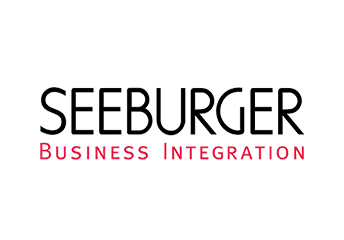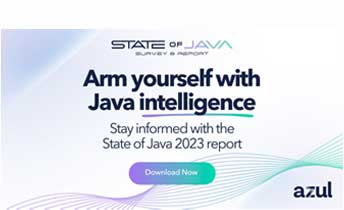
On January 23, 2023, Oracle quietly updated its pricing for Oracle Java SE to an employee-based model. Without so much as an announcement or a social post, the new price list detailed very clearly how its employee-based pricing would work. It uses a company of 28,000 employees (including contractors and part-time employees) as an example:
Your company has a total employee count of 28,000 as detailed in the Employee for Java SE Universal Subscription definition below. This includes 23,000 full-time, part-time and temporary employees plus 5,000 agents, contractors and consultants. Therefore, the price would be 28,000 X $USD 6.75/month X 12 months = $USD 2,268,000/year.
By divorcing pricing from the value of Java and by including part-time and contract workers, the new pricing model rang alarm bells immediately for consulting companies and caused confusion and anger for many Oracle Java SE subscribers. A year later, many subscribers have left Oracle for an OpenJDK (the open-source implementation of the Java SE Platform) provider. Many others are still overpaying for Oracle Java.
Happy birthday, Oracle Java pricing!
Oracle’s Java user base continues to drop
The percentage of companies using Oracle’s JDK was already shrinking before the pricing model. In 2020, more than 70% were using Oracle Java. By the spring of 2023, the Azul State of Java Survey and Report showed that only 42% were still using Oracle Java. In the survey, 82% of respondents indicated, as you’d expect, they are concerned about Oracle’s pricing model change and 72% are actively looking at alternatives to Oracle Java SE.
Sentiment continues to reflect badly on Oracle in online forums too. In the Reddit forum Java license changes in Jan 20204, posters reveal little confidence in Oracle:
“Do not trust Oracle. It is in your best interest to move away from their products as much as possible.”
@X-Istence
“If you can, get rid of Oracle jre as soon as possible.”
@mostlybogeys
“Use any OpenJDK ‘distro’ you prefer. Just get the heck off Oracle Java if you can.”
@commandsupernova
“We ran into the licensing issue and went with Zulu.”
@Southwedge_Brewing
What should your plan be going forward?
Whether you need a trusted JVM that complies with your security policies or you need to limit Java licensing costs, there are viable options. Azul Platform Core is a drop-in replacement for Oracle Java SE with all the bells and whistles of commercial support offered by Oracle and more.
Migrating to Azul is generally so straightforward, Azul Deputy CTO Simon Ritter wrote the book on how to do it, OpenJDK Migration for Dummies.

Why you should migrate to Azul Platform Core
Companies who subscribe to Azul Platform Core save typically 70% compared to Oracle Java SE, and in a recent conversation with a prominent analyst firm working with large enterprise clients these savings are often orders of magnitude more. Azul Zulu Builds of OpenJDK are TCK-tested, certified compliant with Java SE standards.
Azul delivers security fixes on a strict SLA and typically on the day of Oracle’s releases. Azul enables compliance with security policies (both internal policies and external industry/governmental regulations) without the risk of regression that comes with full updates. This limited-scope release, called a Critical Patch Update or CPU for short, only contains fixes to security vulnerabilities and critical bugs. CPUs are something only Azul and Oracle can boast they provide their commercially supported customers.
Azul also indemnifies against ”copyleft contamination” from their JVM. Azul provides extended updates for Java 6 and Java 7, even though Oracle no longer does. All Azul supported versions of Java received backported CPUs and other updates.
Customers tell the story
Technical and business leaders are getting a clearer picture of the Azul advantages, and their results tell the story.

Parnassia Groep reduced Java licensing fees by 80% by migrating to Azul JVMs.
READ THE CUSTOMER STORY

Payara elevated security and stability of customers’ enterprise Java deployments.
READ THE CUSTOMER STORY

Seeburger helped their customers by eliminating the need to buy JDK licenses.
READ THE CUSTOMER STORY
If you’re not happy with your current Java SE or OpenJDK provider, you have choices. Consider your options carefully. With a Java engineering team second only in size to Oracle, Azul provides an unmatched customer experience. And to us, customer satisfaction matters most.
The first birthday of Oracle’s pricing model isn’t much to celebrate. If you want OpenJDK without the high price tag and audits, take three simple steps. Blow out the candles. Make a wish. Contact Azul.





